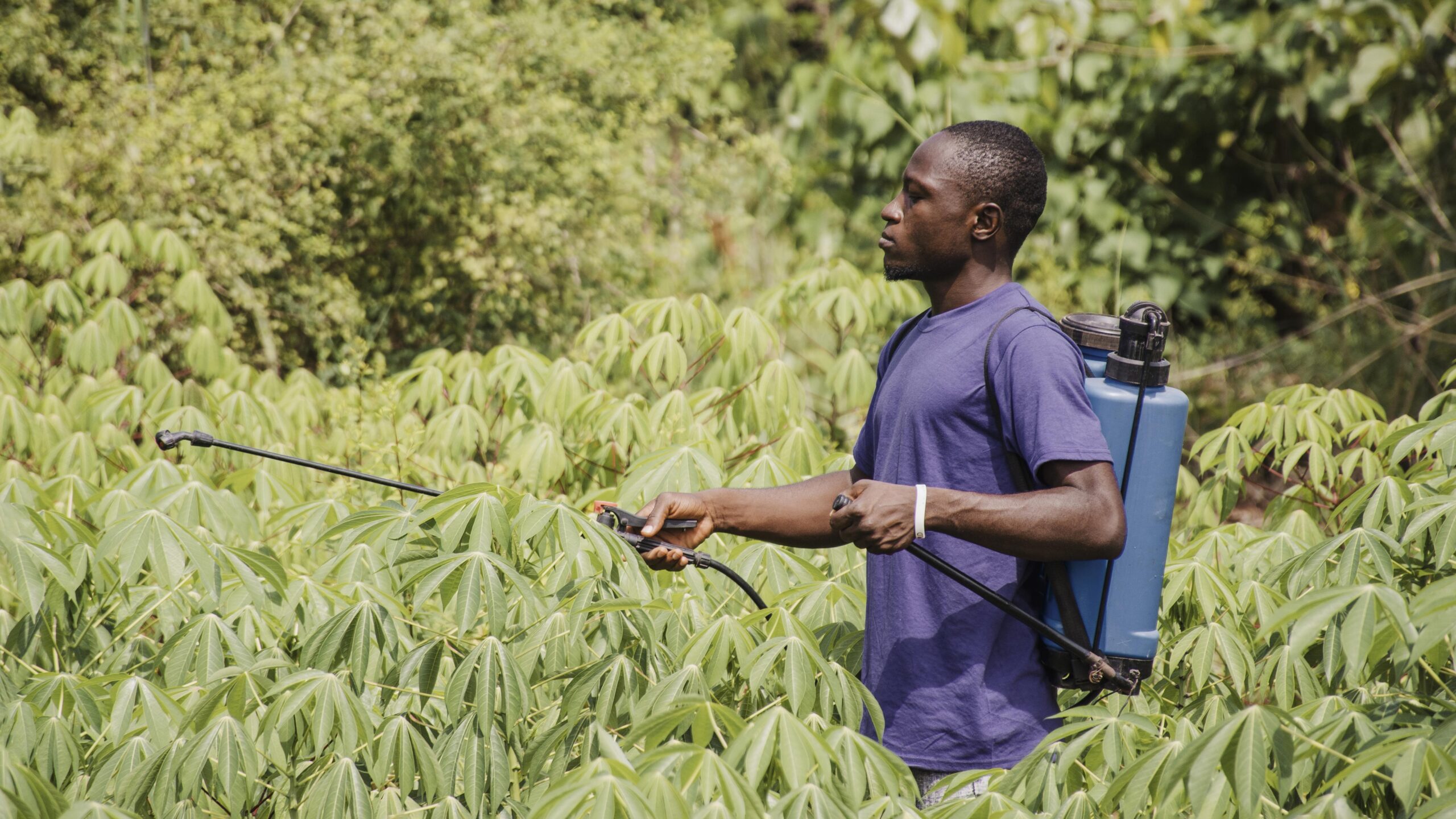The 1996 World Food Summit stated that: “Food security exists when all people, at all times, have physical and economic access to sufficient safe and nutritious food that meets their dietary needs and food preferences for an active and healthy life.”
Recent articles in Barbados TODAY on this topic have emphasised the seriousness of the economics of this issue. However, a key component of food security is food safety.
There is a saying that food is medicine, but that is not accurate because while food can be nutritious, life-sustaining and healing, food can also be nutrient-deficient, life-sapping and debilitating.
Farmers repeatedly drench their fields with herbicides even before planting crops. Once they plant crops, they continue to apply herbicides during the growing process. I’ve witnessed herbicides being sprayed when a crop, in this instance, lettuce, had reached maturity. I’ve also seen evidence that herbicides are being used pre-harvest to desiccate crops such as onions.
The active ingredient in one of the most commonly used herbicides is glyphosate, and our local produce is contaminated by this toxin. I say this with confidence even though I haven’t conducted a single test because you cannot use such herbicides so liberally without contaminating the food that you’re growing.
In addition, the widespread and indiscriminate use of these chemicals is contaminating our air and threatening our water supply. The excessive use of herbicides on the island probably means that even our rainwater is likely to be contaminated.
One of glyphosate’s patents is as an antibiotic. This means that its use is potentially contributing to antibiotic resistance in our population. Glyphosate also disrupts our gut microbiome. This can lead to many health issues, including Alzheimer’s disease, autism, diabetes, inflammatory bowel disease, kidney disease, fatty liver disease, obesity, pancreatic cancer and thyroid cancer. Yet, many people are oblivious to the risks of using glyphosate-containing herbicides, like Roundup.
Some play down the risks by saying that they will only use a small quantity. Alarmingly, research has shown that glyphosate can cause hormone-sensitive breast cancer cells to proliferate in concentrations measured in parts per trillion – a concentration so low, it’s hard to visualise. The following will help to put this into context. A part per trillion is the equivalent of a drop of water in the Olympic-sized swimming pool at the Barbados Aquatic Centre.
If you’re not swayed by science, then perhaps the following Monsanto Roundup lawsuit update, as reported by the Lawsuit Information Center, might be more persuasive. As of March, Monsanto has settled agreements in nearly 100 000 Roundup lawsuits, that’s about two-thirds of all Roundup claims. Approximately 54 000 active Roundup lawsuits remain. Monsanto has paid roughly $11 billion.
Cancer is so widespread that nearly anyone you speak to has been directly or indirectly affected by this affliction. The thousands of lawsuits regarding Roundup only represent a fraction of the individuals who have become gravely ill following their exposure to this toxin.
Money doesn’t assuage the pain and suffering caused by this disease.
Glyphosate is also a powerful chelator, so when it’s applied to our soils, it binds with nutrients in the soil. This prevents plants from taking them up and so contributes to the decline in the nutrient content of our fresh produce. So, even when we try to make healthy dietary choices, we are not getting the nutrients we should. To compound matters, glyphosate also acts as a chelator within our bodies.
All of this means that locally-grown foods are contributing to our health crisis.
The Ministry of Agriculture is currently more concerned with how we dispose of empty herbicide containers than how we use the contents – a short-sighted approach akin to trying to close Pandora’s Box after all the evils and woes have escaped. This might sound dramatic and even if we immediately switched to regenerative agricultural practices, it wouldn’t solve all our health problems. However, one thing is certain, food security will remain a myth if it doesn’t encompass food safety and if we don’t halt the widespread use of these toxic chemicals.
Yet, as with Pandora’s Box, hope remains. Hope that we can course-correct in time to steer our island to greater prosperity and dramatically improve the health of its people.
Nickolove Lovemore, MSc. Environmental Pollution Control




